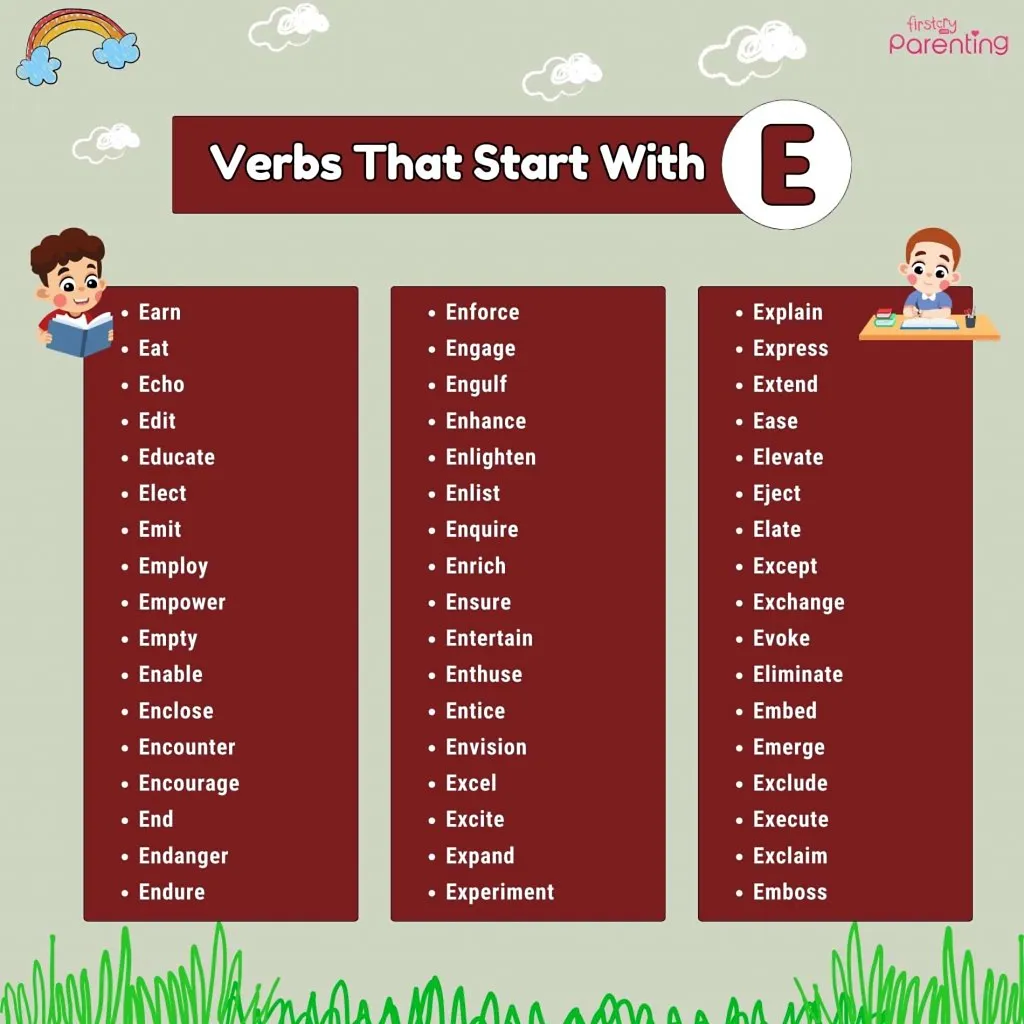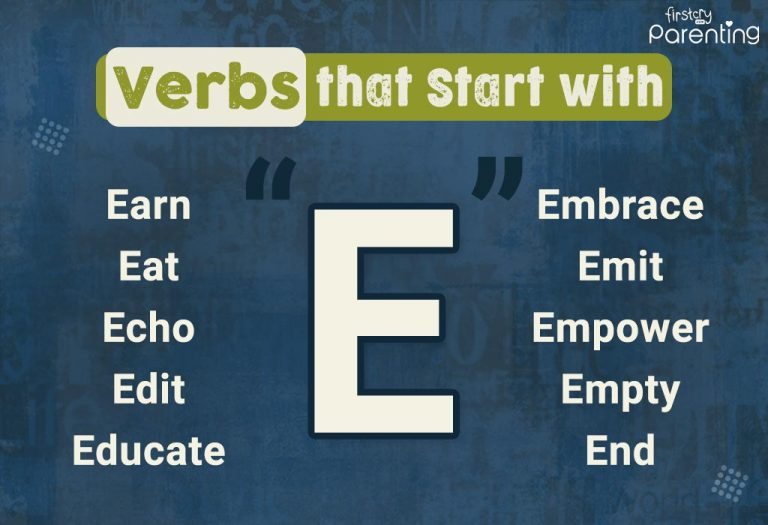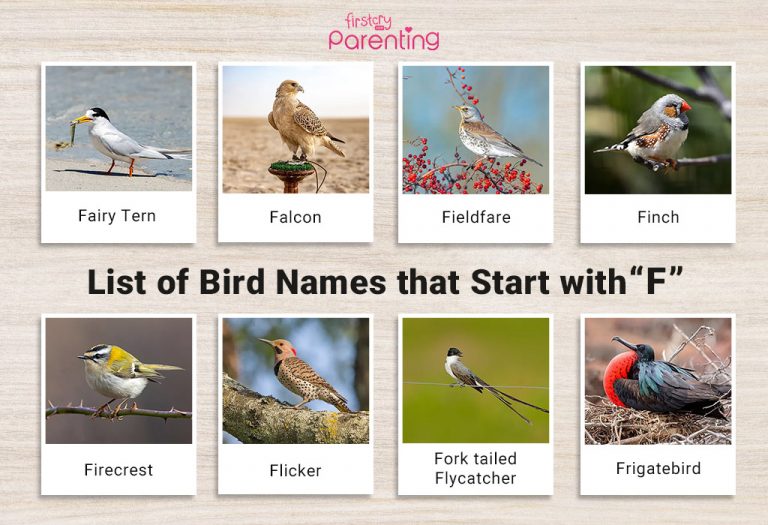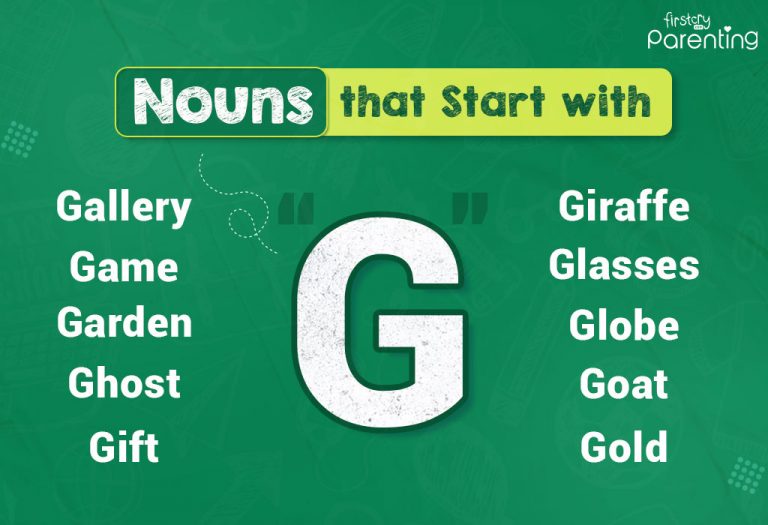Verbs That Start With E in English (With Meanings & Examples)
- What Are the Verbs Beginning With E?
- Common Verbs Starting With E
- Action Verbs That Start With E
- Positive Verbs That Start With E
- More Verbs That Begin With E
- FAQs
- Also, Discover the Verbs That Start With A to Z
Embarking on the enchanting language learning journey opens up possibilities, especially for our youngest explorers, preschoolers and kids. The foundation of effective communication lies in building a robust vocabulary, and verbs play a pivotal role in bringing language to life. Today, we’re focusing on verbs that start with the letter E, crafting an essential guide designed to enrich the vocabulary for kids. Whether you’re a parent seeking to support your child’s linguistic development, a teacher looking for engaging teaching materials, or simply curious about English verbs, this article is your gateway. By introducing “verbs that start with E for preschoolers and kids,” we embark on a fun-filled adventure, aiming to make learning both enjoyable and memorable. Let’s dive into the fascinating world of verbs, where every word is a stepping stone to creating vivid, animated expressions that empower our children to express themselves with confidence and creativity.
What Are the Verbs Beginning With E?
Verbs starting with E are a diverse group of words that serve as the backbone of many sentences, providing action, movement, and states of being. These verbs with E encompass various activities and concepts, from expressing emotions to performing tasks, each playing a unique role in enhancing our language. They are vital tools in constructing meaningful and dynamic sentences, enriching our ability to communicate with clarity and creativity.
Common Verbs Starting With E
Exploring English reveals a treasure trove of verbs that spark actions, emotions, and transformations. This section delves into some of the most common English verbs, starting with E, enriching our linguistic journey. Each verb is a key to unlocking expressive and vivid storytelling, allowing us to convey actions and states precisely. Let’s look at 15 such verbs, understand their meanings, and witness them in action through example sentences.
1. Earn
To receive money as payment for work done.
Example: Earn a good salary by working hard.
2. Eat
To consume food.
Example: We eat breakfast together every morning.
3. Echo
To repeat a sound due to the reflection of sound waves.
Example: Her laughter seemed to echo through the empty hall.
4. Edit
To make changes to text or film.
Example: The writer decided to edit the first chapter of her book.
5. Educate
To teach or provide knowledge.
Example: Schools educate children not just academically but also morally.
6. Embrace
To hug someone as a sign of affection or acceptance.
Example: They embrace each other after a long time apart.
7. Emit
To send out a form of energy such as light or heat.
Example: The lamp emits a soft, warm glow.
8. Empower
To give someone the authority or power to do something.
Example: Education seeks to empower students with knowledge and skills.
9. Empty
To remove all contents from something.
Example: After the party, we had to empty the trash bins.
10. Encourage
To give support, confidence, or hope to someone.
Example: Teachers should encourage students to ask questions.
11. End
To bring something to a conclusion.
Example: The meeting will end at noon.
12. Endure
To suffer something difficult or unpleasant patiently.
Example: He had to endure a long wait before getting the news.
13. Engage
To occupy or attract someone’s interest or attention.
Example: The book engaged her attention from the first page.
14. Enhance
To improve the quality, value, or extent of something.
Example: Regular exercise can enhance your overall health.
15. Envision
To imagine or expect that something is a future possibility.
Example: She envisions a world where peace prevails.
These examples show how English verbs, starting with E, provide us with the tools to articulate many actions and emotions, enriching our conversations and writings.
Action Verbs That Start With E
Action verbs are the heart of a sentence, propelling narratives forward and illustrating the dynamics of our activities and interactions. When we focus on verbs starting with the letter E, we uncover words encapsulating movement, change, and engagement. These verbs breathe life into our sentences, providing momentum and clarity. Let’s explore 15 action verbs that start with E, showcasing their meanings and placing them within example sentences to see them in action.
1. Elect
To choose someone for a particular position by voting.
Example: The community decided to elect a new mayor.
2. Embark
To start a journey, especially on a ship or aeroplane.
Example: They embark on their cruise around the Caribbean tomorrow.
3. Embosk
To hide oneself in shrubbery.
Example: The hunter embosked himself in the bushes.
4. Employ
To hire someone to do a job.
Example: The company plans to employ new graduates this summer.
5. Enable
To make someone or something able to do something.
Example: This new program enables students to study more efficiently.
6. Enclose
To surround something or someone, often with a fence or wall.
Example: Please enclose a check with your application.
7. Encounter
To meet someone unexpectedly.
Example: On our hike, we encountered a wild deer.
8. Endanger
To put someone at risk.
Example: Pollution can endanger.
9. Enforce
To make people obey a rule or law.
Example: The police are here to enforce the law.
10. Engulf
To surround or cover something completely.
Example: The flames quickly engulfed the building.
11. Enlist
To join the armed forces or persuade someone to join.
Example: He decided to enlist in the Navy.
12. Enquire
To ask for information.
Example: I called to enquire about the flight times.
13. Ensure
To make sure.
Example: Please ensure that all doors are locked before leaving.
14. Entertain
To provide someone with amusement or enjoyment.
Example: They entertain their guests with live music.
15. Enthrall
To capture the interest of someone.
Example: The novel’s gripping story line enthralled readers and kept them eagerly turning the pages.
These verbs, beginning with the letter E, vividly depict various actions, from starting journeys to making improvements and from seeking information to providing enjoyment. Each verb beginning with E enriches our ability to convey specific, engaging narratives.
Positive Verbs That Start With E
Positive verbs are like rays of sunshine in language, illuminating sentences with hope, joy, and constructive action. These verbs inject positivity into our dialogues and writings, encouraging uplifting and affirmative expressions. Let’s explore 15 positive verbs that start with E, showcasing how they can be used to paint pictures of encouragement, success, and happiness in our communications.
1. Edify
To improve someone morally.
Example: The teacher sought to edify her students with lessons beyond the curriculum.
2. Enlighten
To inform or give new insight.
Example: The documentary aims to enlighten viewers about environmental issues.
3. Enrich
To improve the quality or value of something.
Example: Travelling abroad can greatly enrich one’s understanding of different cultures.
4. Enthuse
To cause someone to feel enthusiastic.
Example: His passion for science managed to enthuse the students.
5. Entice
To attract someone to something by offering something pleasant or advantageous.
Example: The new advertisement aims to entice customers with a special offer.
6. Excel
To be extremely good at something.
Example: She continues to excel in her academic studies.
7. Excite
To cause someone to feel very enthusiastic.
Example:The upcoming holiday excites the children.
8. Exhilarate
To make someone feel very happy.
Example: The roller coaster ride exhilarated.
9. Expand
To increase in size, range, or amount; to grow.
Example: She hopes to expand her knowledge of Italian cuisine.
10. Expedite
To make a process happen more quickly.
Example: The company decided to expedite the delivery of orders.
11. Experiment
To try out new ideas or methods to learn something.
Example: The chef likes to experiment with new recipes.
12. Explain
To make something clear or easy to understand.
Example: The teacher took time to explain the concept to the students.
13. Express
To convey a thought or feeling in words or by gestures and conduct.
Example: She expressed her gratitude with a heartfelt thank you.
14. Extend
To offer or give something to someone.
Example: They decided to extend an invitation to all their friends.
15. Exult
To show or feel a triumphant joy.
Example: Fans of the winning team exulted in their victory, celebrating late into the night.
These positive verbs, starting with E, demonstrate the power of language to motivate, celebrate, and connect with others. Choosing words that convey positivity can create a more encouraging and optimistic atmosphere in our conversations and writings.
More Verbs That Begin With E

In addition to the verbs already explored, the English language is rich with many other verbs beginning with E that expand our expressive capabilities. These verbs cover many actions, states, and processes, offering even more tools to precisely articulate our thoughts, actions, and observations. Below, we present 50 more verbs that begin with E, organized in a tabular format under three columns for easy reference. This extensive list includes verbs that cater to various contexts and situations, further enriching our vocabulary.
| Verbs | ||
| Earmark | Elaborate | Evaporate |
| Ease | Electrify | Evoke |
| Ebb | Elevate | Exacerbate |
| Eject | Elicit | Exaggerate |
| Elapse | Eliminate | Examine |
| Elasticate | Elope | Exordise |
| Elate | Elucidate | Except |
| Elide | Embellish | Exchange |
| Emanate | Embody | Excite |
| Embouge | Ensky | Exclaim |
| Embed | Embroil | Exclude |
| Embezzle | Emerge | Excrete |
| Emblazon | Emigrate | Exculpate |
| Emboss | Effund | Excuse |
| Euchre | Empathise | Execute |
| Embroil | Emphasise | Exemplify |
| Emerge | Embus | |
FAQs
1. What are some easy verbs that start with E for kids to learn?
Easy verbs starting with E for kids include “eat,” “end,” “enjoy,” and “enter,” which are simple and commonly used in everyday language.
2. How can learning verbs that start with E improve my English?
Learning verbs that start with E can enhance your vocabulary, improve your sentence construction, and help you express actions and ideas more precisely, thus improving your overall English communication skills.
Also, Discover the Verbs That Start With A to Z
| Accentuate | Nourish |
| Besmirch | Obfuscate |
| Conflate | Pick |
| Decant | Quash |
| Effuse | Run |
| Forbear | Slake |
| Gainsay | Talk |
| Hallow | Upbraid |
| Inveigle | Venerate |
| Jape | Wash |
| Kick | Xerox |
| Laugh | Yelp |
| Mop | Zest |
Diving into the vast array of verbs that start with E has unveiled the richness and versatility of the English language. Each word is a building block for expressive and effective communication, from action-packed verbs to those radiating positivity. By embracing these verbs, learners of all ages can expand their vocabulary, enrich their conversations, and navigate the world of English with greater confidence and creativity.
Also Read: Verbs That Start With A to Z
| A | B | C | D | E | F | G | H | I | J | K | L | M |
| N | O | P | Q | R | S | T | U | V | W | X | Y | Z |
Was This Article Helpful?
Parenting is a huge responsibility, for you as a caregiver, but also for us as a parenting content platform. We understand that and take our responsibility of creating credible content seriously. FirstCry Parenting articles are written and published only after extensive research using factually sound references to deliver quality content that is accurate, validated by experts, and completely reliable. To understand how we go about creating content that is credible, read our editorial policy here.














.svg)
















